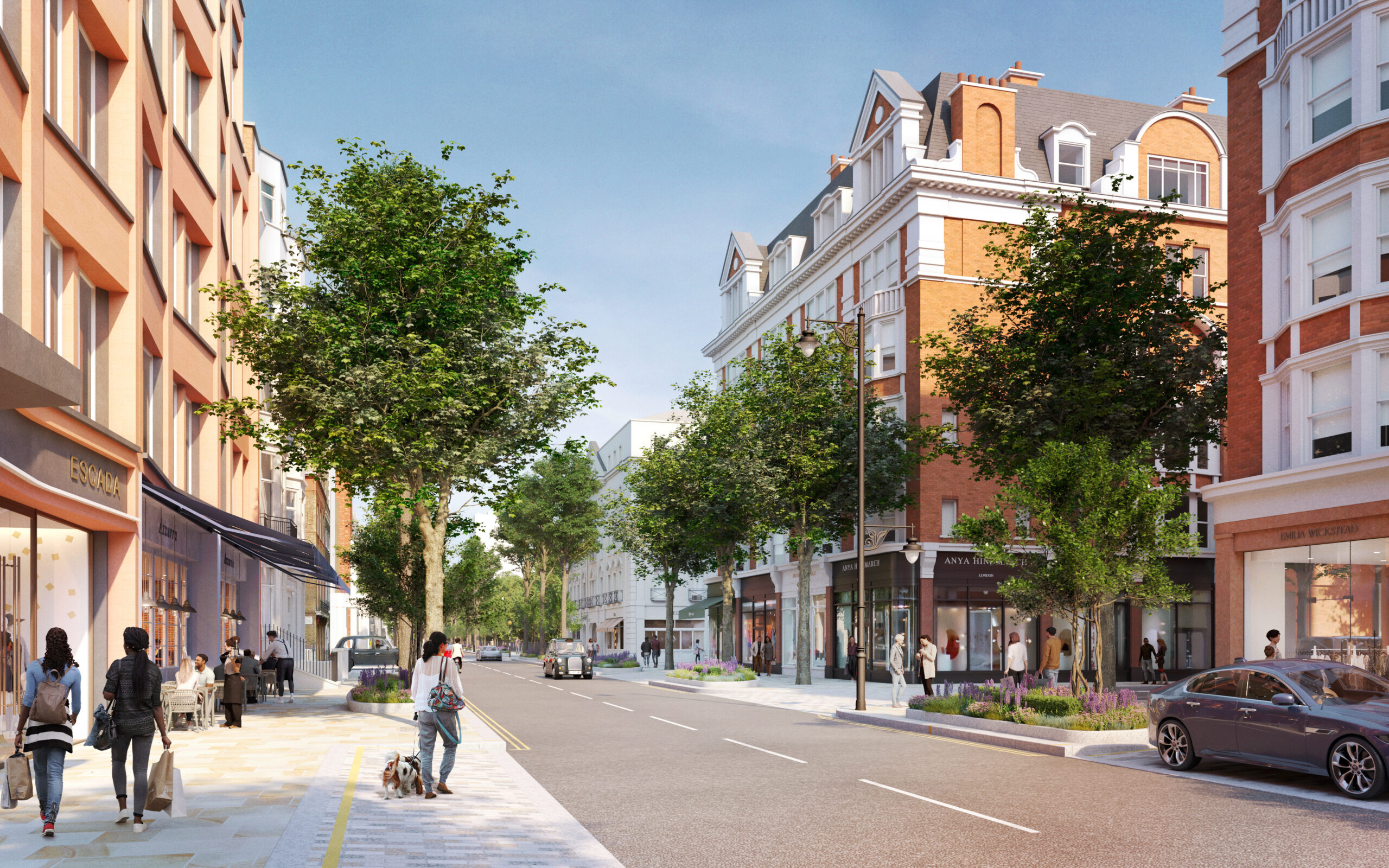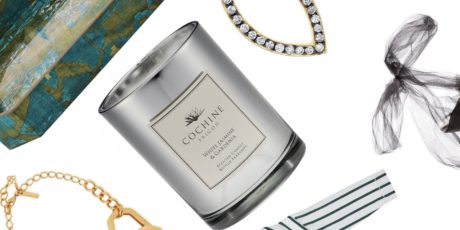DELVAUX CLOSES ITS SLOANE STREET LOCATION
Posted on by Cameron Tewson
The impending closure of Delvaux‘s 2,150 square foot Sloane Street store raises eyebrows, given the hefty £46 million investment in transitioning one of London’s iconic shopping destinations with thanks to landlords, Cadogan. Established in 1829, Delvaux, the world’s oldest luxury leather goods company, has a storied history of craftsmanship and innovation. Originating in Brussels, Belgium and synonymous with high-quality materials, it earned royal warrants, solidifying its status as a symbol of European luxury. The decision to close the Sloane Street store is a significant chapter in the brand’s history.
Back in 2018, Jean-Marc Loubier, Delvaux’s executive chairman, noted in an interview with WWD that, “Location is key. We seek to open our boutiques in places steeped in history and of geographical or cultural importance, establishing a connection with our clientele of visitors and locals.” Loubier’s emphasis on historical and culturally significant locations for Delvaux’s boutiques appears incongruent with the recent closure of the Sloane Street store, challenging the efficacy of the location-centric strategy. The closure contradicts the notion that historical ambiance alone is an infallible key to retail success in the competitive luxury market.
While the closure aligns with speculated challenges faced by luxury retailers in adapting to shifting consumer preferences. Delvaux’s timeless designs, like the Brillant and Tempête bags, have a global following but have been resold in the second-hand market for over half their retail price. The closure prompts reflection on luxury retail dynamics and raises questions about Delvaux’s future strategies. As it navigates a competitive market, its legacy and commitment to craftsmanship will shape the narrative of luxury fashion.

Image: Landlord Cadogan’s vision of the street
In the fiercely competitive luxury market, staying afloat without introducing innovative designs poses challenges, even for brands such as Delvaux. Despite its rich history, limited marketing budget spent to capture consumers combined with the absence of fresh designs might have just left it vulnerable to evolving consumer tastes. Relying on historical cachet risks becoming stagnant in a landscape where competitors consistently introduce novel creations. The Sloane Street store closure adds another layer, suggesting the £46 million street investment may not yield expected returns for the Richemont Group brand. In a market driven by the constant pursuit of the next big thing, the house’s reliance on its past may hinder captivating a new generation of luxury shoppers seeking innovation and dynamism.
Who else is next to go?
